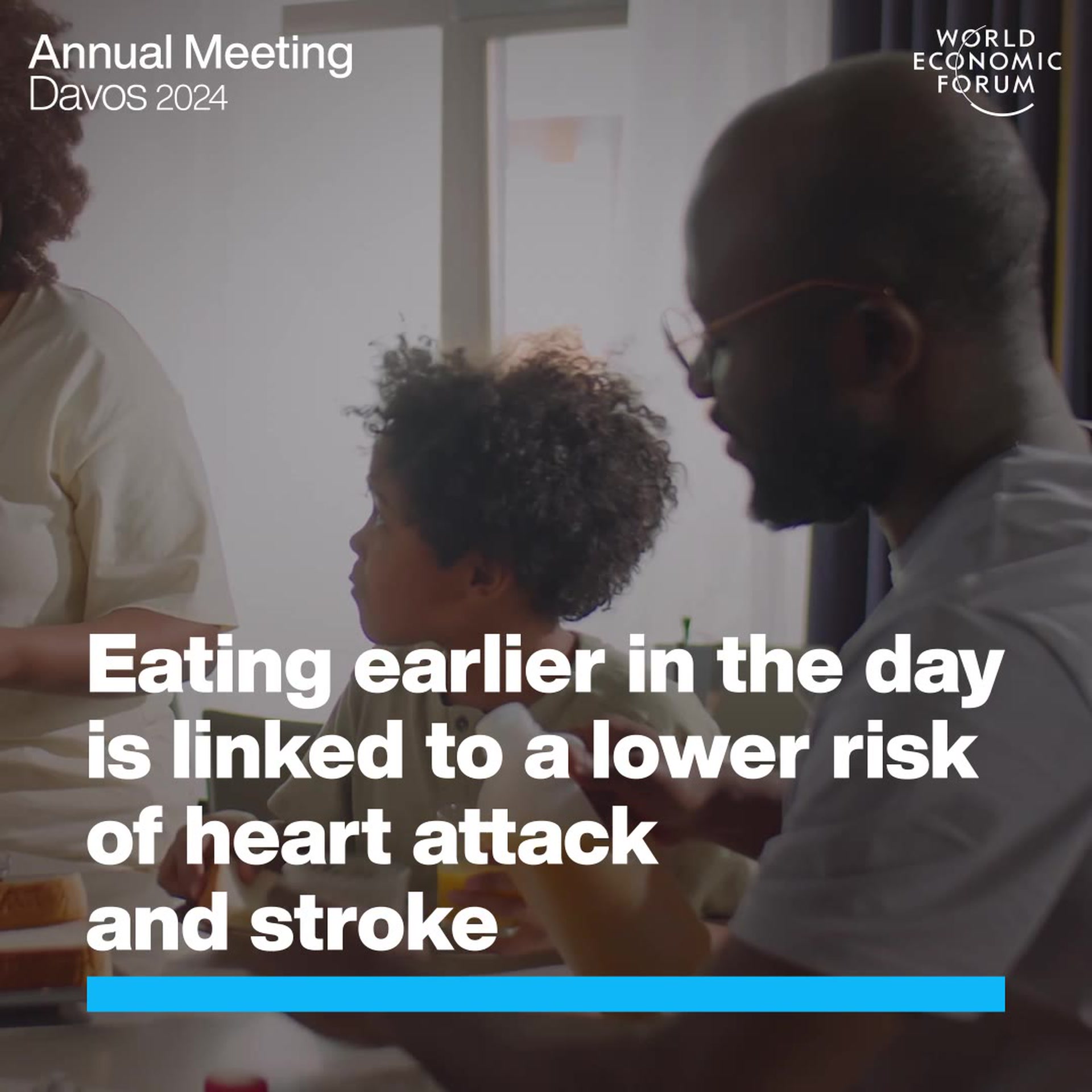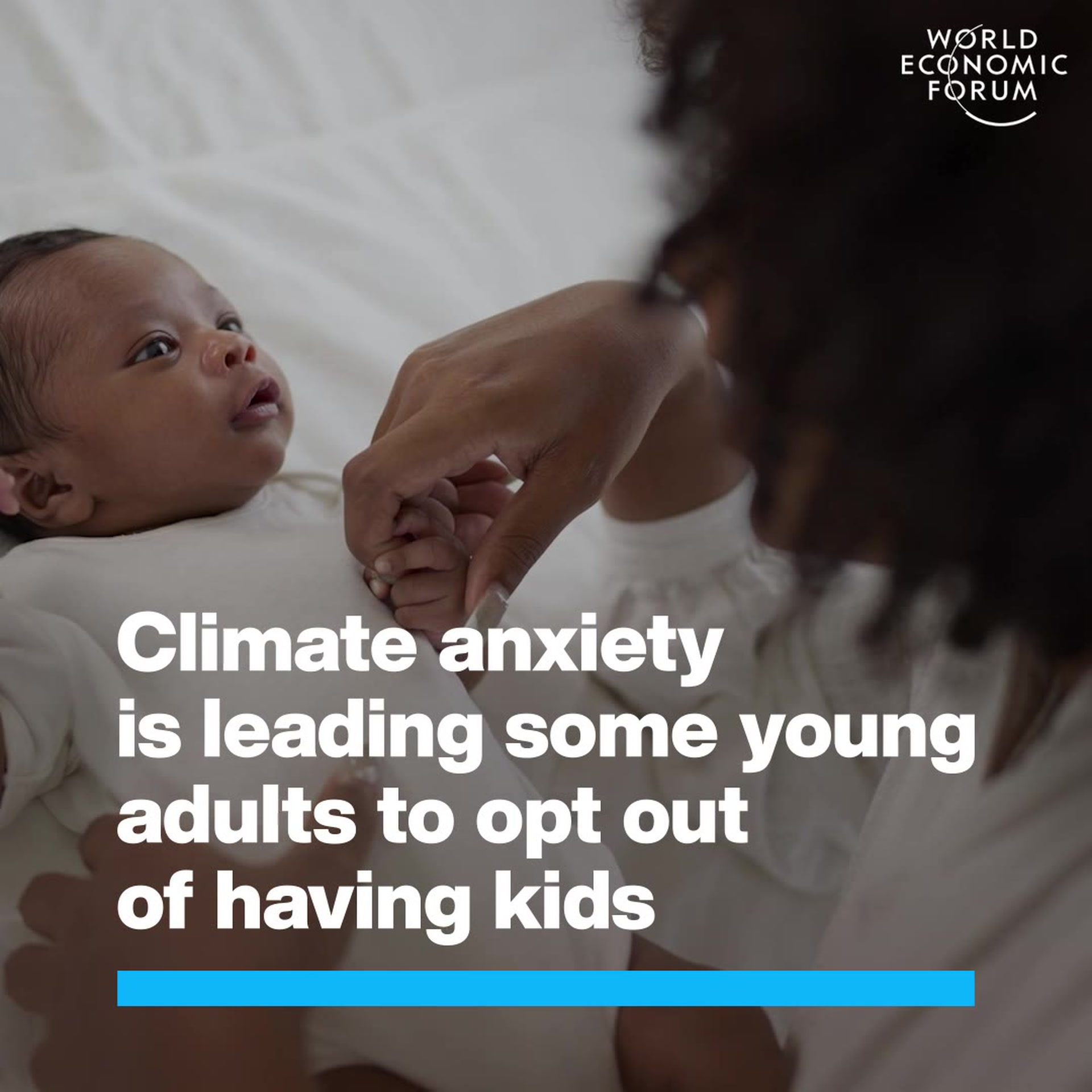To solve big issues like climate change, we need to reframe our problems

Reframing our problems could help yield new solutions to major issues like climate change and gender inequality. Image: Unsplash / @pinewatt

Get involved with our crowdsourced digital platform to deliver impact at scale
Stay up to date:
Behavioural Sciences
- Reframing social and global problems could yield viable solutions to major issues such as climate change and gender inequality.
- Being able to identify patterns in how people tend to frame problems underpins this approach.
- Three such patterns include framing problems to avoid change, to blame individuals instead of the system, and to bypass "messy" realities.
Imagine you own an office building and your tenants are complaining that the elevator is way too slow. What do you do?
Faced with this problem, most people instinctively jump into solution mode. How can we make the elevator faster? Can we upgrade the motor? Tweak the algorithm? Do we need to buy a new elevator?
The speed of the elevator might be the wrong problem to focus on, however. Talk to an experienced landlord and they might offer you a more elegant solution: put up mirrors next to the elevator so people don’t notice the wait. Gazing lovingly at your own reflection tends to have that effect.
The mirror doesn’t make the elevator faster. It solves a different problem – that the wait is annoying.
Solve the right problem
The slow elevator story highlights an important truth, in that the way we frame a problem often determines which solutions we come up with. By shifting the way we see a problem, we can sometimes find better solutions.
Problem framing is of paramount importance when it comes to tackling the many hard challenges our societies face. And yet, we’re not terribly good at it. In a survey of 106 corporate leaders, 87% said their people waste significant resources solving the wrong problems. When we go to the doctor, we know very well that identifying the right problem is key. Too often, we fail to apply the same thinking to social and global problems.
Problem framing is of paramount importance when it comes to tackling the many hard challenges our societies face.
”Three common patterns
So, how do we get better at it? One starting point is to recognise that there are often patterns in the way we frame problems. Get better at recognising those patterns, and you can dramatically improve your ability to solve the right problems. Here are three typical patterns:
1. We prefer framings that allow us to avoid change
People tend to frame problems so they don’t have to change their own behaviour. When the lack of women leading companies first became a prominent concern decades ago, it was often framed as a pipeline problem. Many corporate leaders simply assumed that, once there were enough women in junior positions, the C-suite would follow.
That framing allowed companies to carry on as usual for about a generation until time eventually proved the pipeline theory wrong, or at best radically incomplete. The gender balance among senior executives would surely be better by now if companies had not spent a few decades ignoring other explanations for the skewed ratio.
People tend to frame problems so they don’t have to change their own behaviour.
”2. We blame individuals and ignore the system
Another pattern is that we tend to frame problems at the level of the individual, overlooking systemic factors.
Climate change is an obvious example. Research shows the majority of your carbon footprint is determined by your socioeconomic status and the shared emissions of the area in which you live. There’s only so much you can do to change this, unless you are willing to engage in a very radical lifestyle change such as living off the grid. In popular culture, however, climate change is mostly framed as an individual choice, for example choosing to fly less or at least buy a carbon offset if you do fly.
Framing climate change as an individual responsibility is not a bad thing. If enough people change, it makes a real difference, at least over time. Research has also suggested that individual action can build momentum for systemic change.
But the framing can also distract us from focusing on systemic issues, including what companies do (or don’t do) to address climate change. Some companies may be using this strategically. For example, it's a little-known fact that oil company BP popularised the idea of a “carbon footprint” as part of a mid-2000s advertising campaign.
Framing can distract us from focusing on systemic issues, including what companies do (or don’t do) to address climate change.
”3. We want magic bullets, not messy reality
Most of our social and global problems are multi-causal. The problem-solving scholar Russell L. Ackoff memorably used the term “messes” to describe real-world problems. But people often dislike complexity, preferring neat stories with a single, easily-identifiable villain.
Take the case of gun deaths in the US. Advocates for gun ownership often use the “mental health” argument that guns don’t kill people, people do. On the other hand, people who dislike guns often see it as an access problem and call for a ban on all guns. Arguably, both of these framings are as simplistic as they are infeasible.
Contrast this with the approach described by the economist Paul Krugman in a recent New York Times column. He uses the car industry to reframe the gun debate. We fight automobile accidents through a broad suite of different interventions, which allows us to keep using our cars but in a safer way.
This approach calls for a portfolio of reasonable regulations that recognises the political fact that many Americans want to keep their guns. This is a far stretch from the binary "access-or-mental-health" framing and, in our opinion, much more likely to create results.
Problem framing is a critical skill and one that can make a big difference to our shared problems.
”How to escape a horrible boss
Problem framing is a critical skill and one that can make a big difference to our shared problems. But that’s not the only reason to get better at it - framing can also be useful in our personal lives.
The creativity scholar Robert Sternberg once told the story of an executive who loved his job but hated his boss. The executive’s contempt for his boss was so strong that he decided to contact a headhunter who said that finding a similar job elsewhere should be easy. The same evening, however, the executive spoke to his wife, who happened to be an expert on reframing.
This led to a better approach. In Sternberg’s words: “He returned to the headhunter and gave the headhunter his boss’s name. The headhunter found a new job for the executive’s boss, which the boss—having no idea of what was going on—accepted. The executive then got his boss’s job.”
It seems we could all do with a little bit of reframing.
Don't miss any update on this topic
Create a free account and access your personalized content collection with our latest publications and analyses.
License and Republishing
World Economic Forum articles may be republished in accordance with the Creative Commons Attribution-NonCommercial-NoDerivatives 4.0 International Public License, and in accordance with our Terms of Use.
The views expressed in this article are those of the author alone and not the World Economic Forum.
Related topics:
The Agenda Weekly
A weekly update of the most important issues driving the global agenda
You can unsubscribe at any time using the link in our emails. For more details, review our privacy policy.
More on Behavioural SciencesSee all
Peter Dizikes
November 27, 2023
Aaron De Smet and Patrick Simon
September 25, 2023
Kate Whiting and Kateryna Gordiychuk
September 6, 2023






